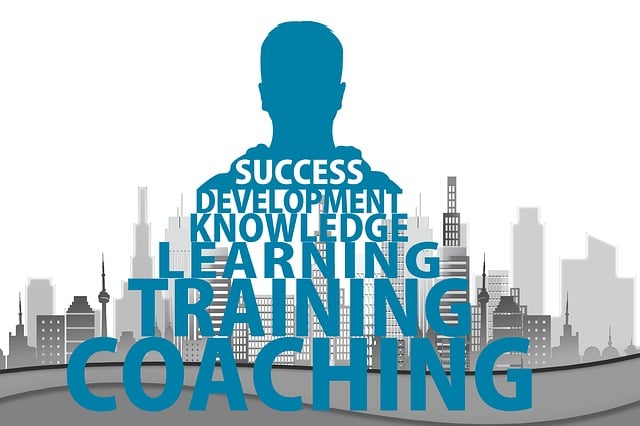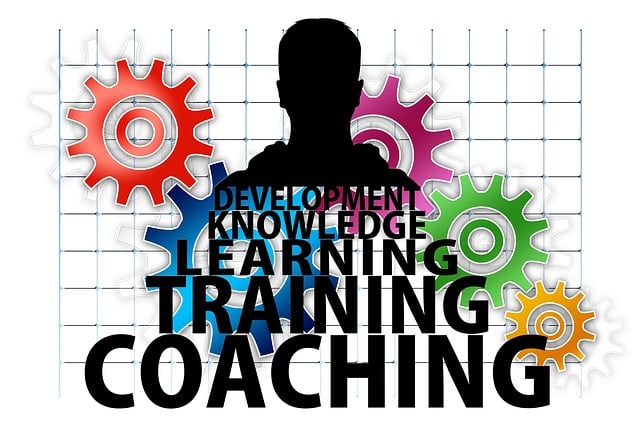Difference between an Agile Coach and a Consultant
Difference between an Agile Coach and a Consultant
In recent years, companies increasingly embracing the agile methodology have boosted demand for Agile coach and Agile Consultant roles. This article will explain all you need to know about training to be an agile coach. Undoubtedly, more and more organizations are adopting agile methods, and as a result, the roles of Agile Coach and Agile Consultant have become increasingly important. Today we will discuss the coach’s role in an agile team, including how to qualify for the position and the duties and responsibilities that come with it. By the time you’re done reading this article, you’ll have a firm understanding of the material, enough to pick a better job that offers the best agile coach training and enough to set you on the path to a successful future. First, though, let’s learn everything there is to know about the subject’s foundations.

Consultants vs. Coaches
Individuals who have hit a plateau in their careers can benefit from coaching, a process in which an experienced professional helps them break through to the next level. The coach encourages them to overcome their doubts and put up their maximum effort to accomplish their goals and perform exceptionally well. Coaching entails not only passively listening but also facilitating and aiding in the coachee’s development. Coaching is typically done over an extended length of time.
On the other hand, consulting entails supplying said subject-matter knowledge alongside ideas and analysis. The consultant uses their expertise to inspire people to take action by providing them with novel approaches to vexing problems. In consulting, the consultant’s primary role is to spot the issues and suggest the most effective action to fix them. As independent contractors for hire, consultants advise businesses on an as-needed basis.
Agile Coach
Agile coaches help teams that have peaked at a specific level of success but are stuck there. They provide the information, resources, and guidance necessary to implement and maintain an Agile way of thinking within an organization. The tenure of the agile coach in the company’s ranks might range from short to long. To aid in the team’s transition to the agile methodology and education on its inner workings, most small and medium-sized businesses prefer to keep the coach on a temporary or contractual basis. Once employees have adjusted to the new routine, the company can dissolve with less difficulty. Multiple agile teams inside an organization may report to a coach. The coach’s role in a company is twofold: first, to support the team in adopting the agile approach, and second, to ensure that the team continues to use it. They assisted the group in putting this method into practice.
Agile Coaches are people well-versed in the agile approach who are tasked with teaching it to others, and they offer team training and continuous guidance as they implement the agile framework.
Agile Consultant
An agile consultant is a subject-matter expert with a deep understanding of agile frameworks; businesses often employ them on a contract basis to address specific challenges in software development. He proposes a course of action for the group to follow. Even if it is the consultant’s job to solve a particular set of problems, he or she may encounter resistance from in-house staff that need to become more accustomed to his working style. On the other hand, a consultant cares only about providing excellent solutions to the problems for which he is compensated.
The role of an agile consultant generally begins with that of an agile coach. An internal employee responsible for leading the team is called an “agile coach.” To identify and remove roadblocks to implementing the agile framework, he or she offers insight, analysis, and advice based on personal experience. An Agile consultant investigates the reasons for a company’s stagnant progress.
A consultant’s approach to management is more directive than a coach. Consultants offer a temporary fix because they strive to give clear guidance for problems.

Agile Coaches and Consultants Have Significant Distinctions
The agile coach ensures the team sticks to its plan for addressing problems. They take a roundabout way of spotting issues and providing support in fixing them. Once problems are identified, the agile coach develops a strategy and handles them in his way within the context of a team to find solutions.
An agile coach would adopt the squad as his own, supporting them as they work toward their goals. In his line of work, an agile consultant is expected to keep the team’s perspective private. With their extensive experience in agile, they can offer advice.
A non-authoritative agile coach will aid a team in identifying problems and working through solutions. On the other hand, a consultant will assess the situation and offer recommendations before leaving.
Agile coaches frequently adjust the team’s direction in response to evolving needs. They think about how the bigger picture affects the methods used in project management. The agile consultant will never show such flexibility and instead will care about finding solutions to the issues that brought them to work in the first place.
To better serve their team, the coaches shift their approach and take a more global view of the issues. Consultants typically operate with a more structured contract that provides a more in-depth description of the need for services and the team’s mission.
Agile consultants provide solutions based on their external knowledge, while agile coaches help businesses build internal capacity and encourage growth.
An agile consultant’s role is to bring about the opportunities identified by an agile coach.
The agile consultant in an agile organization is in charge of each project and is there to guide and advise the team throughout its duration. In order to solve specific problems, businesses often hire agile consultants on a contract basis or for a set amount of time.
In reality, an agile Coach will help the team succeed in its mission. He’ll be able to look at things from the group’s point of view. Throughout the entire software development process, he knows what the team values. However, a consultant’s job description never considers the group’s perspective. He can offer advice thanks to his extensive familiarity with the agile process.
When necessary, the Agile Coach will make course corrections for the team. In addition, he or she considers the bigger picture of all the factors that affect project management strategies. Conversely, consultants are typically not as flexible, and the company receives solutions to its problems from the Agile Consultant.










